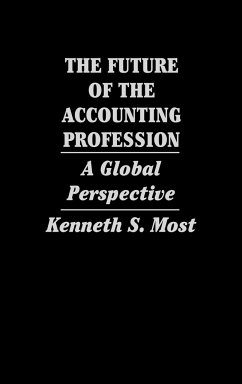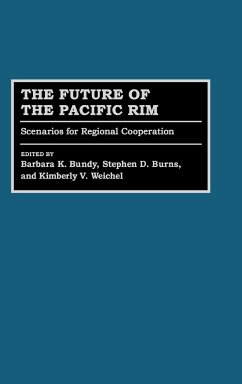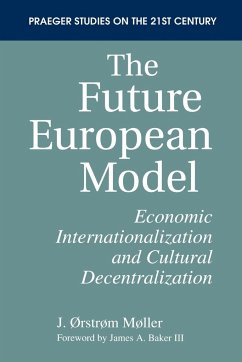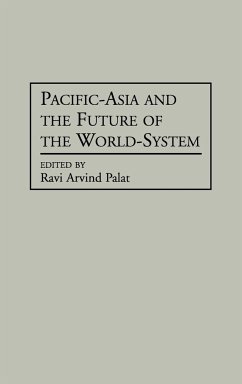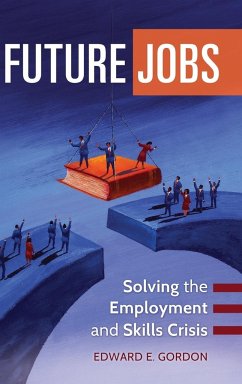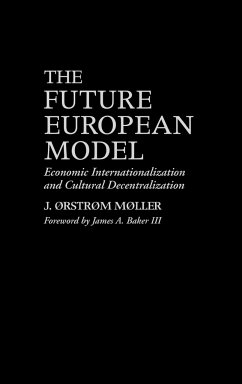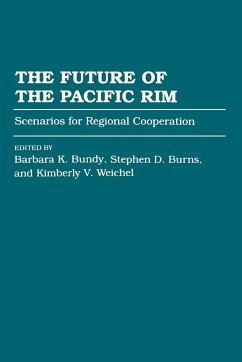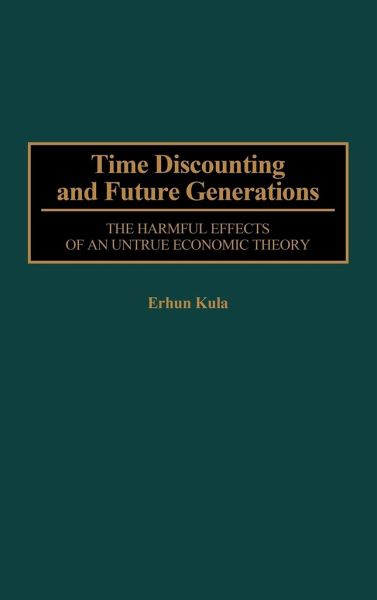
Time Discounting and Future Generations
The Harmful Effects of an Untrue Economic Theory
Versandkostenfrei!
Versandfertig in 1-2 Wochen
87,99 €
inkl. MwSt.

PAYBACK Punkte
44 °P sammeln!
Kula contends that conventional time-dependent theories in welfare economics are based on the unwarranted assumption that people live forever, an assumption that underpins the criteria for many decision-making activities and one that leads public sector policy makers to discriminate against future generations. It is seen in its most extreme in decision making on such long-term projects as nuclear power facilities, whose effects will be visited upon many future generations. How did this assumption gain currency and influence? Kula says, this oddity has been imposed by mathematical economists wh...
Kula contends that conventional time-dependent theories in welfare economics are based on the unwarranted assumption that people live forever, an assumption that underpins the criteria for many decision-making activities and one that leads public sector policy makers to discriminate against future generations. It is seen in its most extreme in decision making on such long-term projects as nuclear power facilities, whose effects will be visited upon many future generations. How did this assumption gain currency and influence? Kula says, this oddity has been imposed by mathematical economists who now dominate the scene. Kula aggressively challenges these theories, which he alleges are untrue and unjust, provides an alternative method for discounting, and shows how its application can yield dramatically positive results. His book is thus a unique, important contribution to the theory and practice of decision making in public endeavors, intended not only for academics but equally for their practitioner colleagues in all parts of the world. Kula corrects the conventional theory by assuming societal models in which individuals are mortal and generations overlap. From this emerges a new discounting theory which leads to outcomes that are dramatically different from the old ones. The new criterion is called modified discounting, and can be readily applied to real-life projects. In Part I, Kula lays out his theory and constructs the new decision-making method, in which public policy makers accept the proposition that all generations ought to be treated equitably. Then, in Part II, he provides five case studies to illustrate his theory, each devoted to major public activities such as nuclear waste disposal, forestry, agriculture, and urban transport, and based on experiences in the United States, the United Kingdom, and Ireland.




